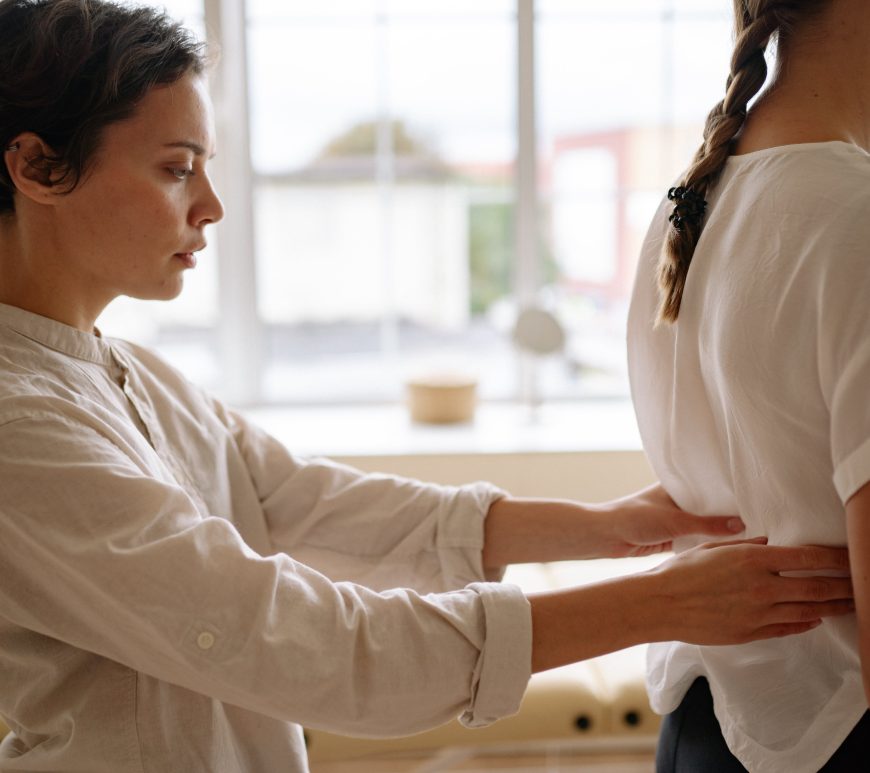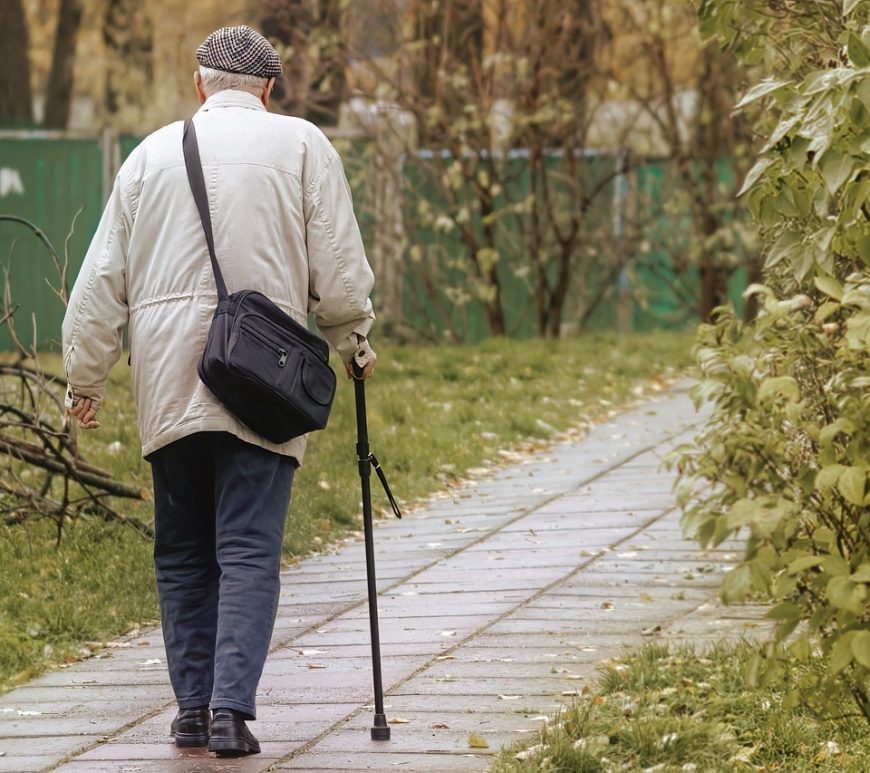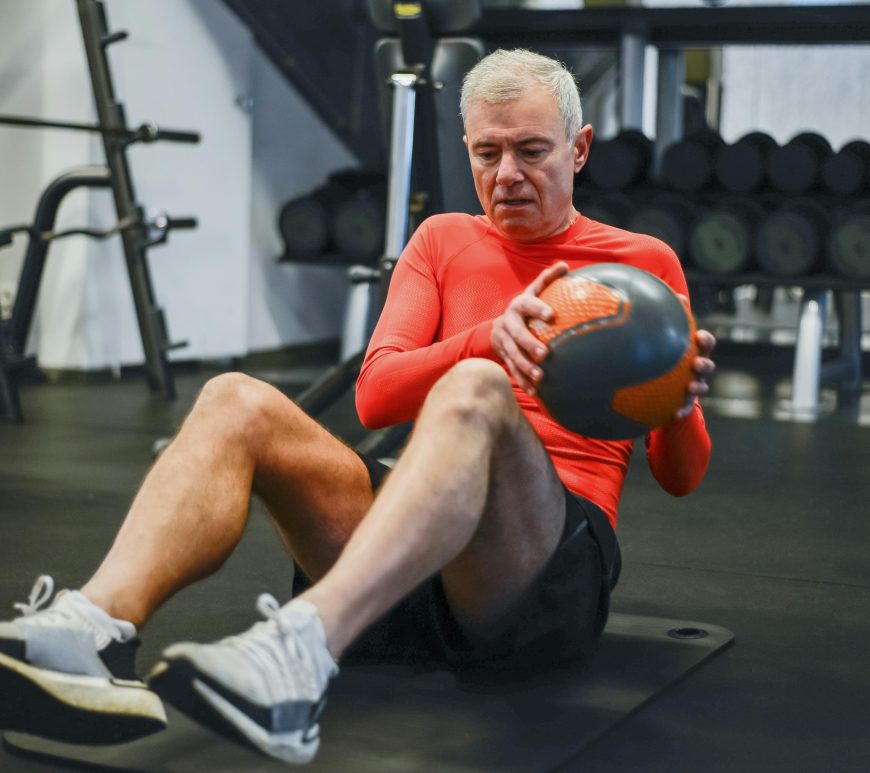
Therapist experience and certifications: Key determinants of low back pain therapy success?
In 2004, Whitman, et. al., investigate the influence of therapist-related factors on clinical outcomes for low back pain patients remains scarce. Although it is commonly assumed that therapists with greater experience or specialty certifications would yield better results, empirical evidence supporting this hypothesis is limited. This study aimed to assess the effects of therapist experience and specialty certification on clinical outcomes among patients with low … Continue reading Therapist experience and certifications: Key determinants of low back pain therapy success?



